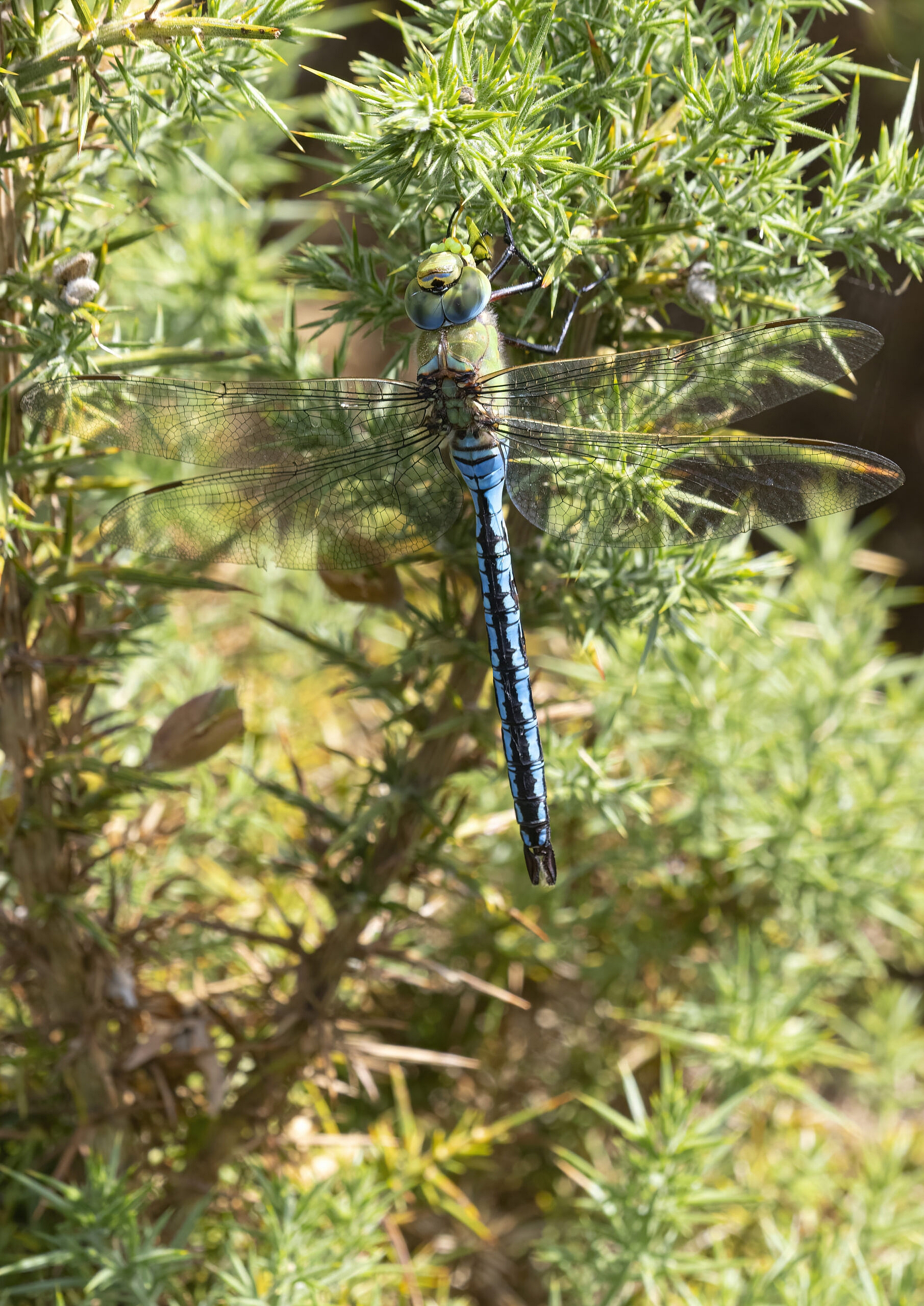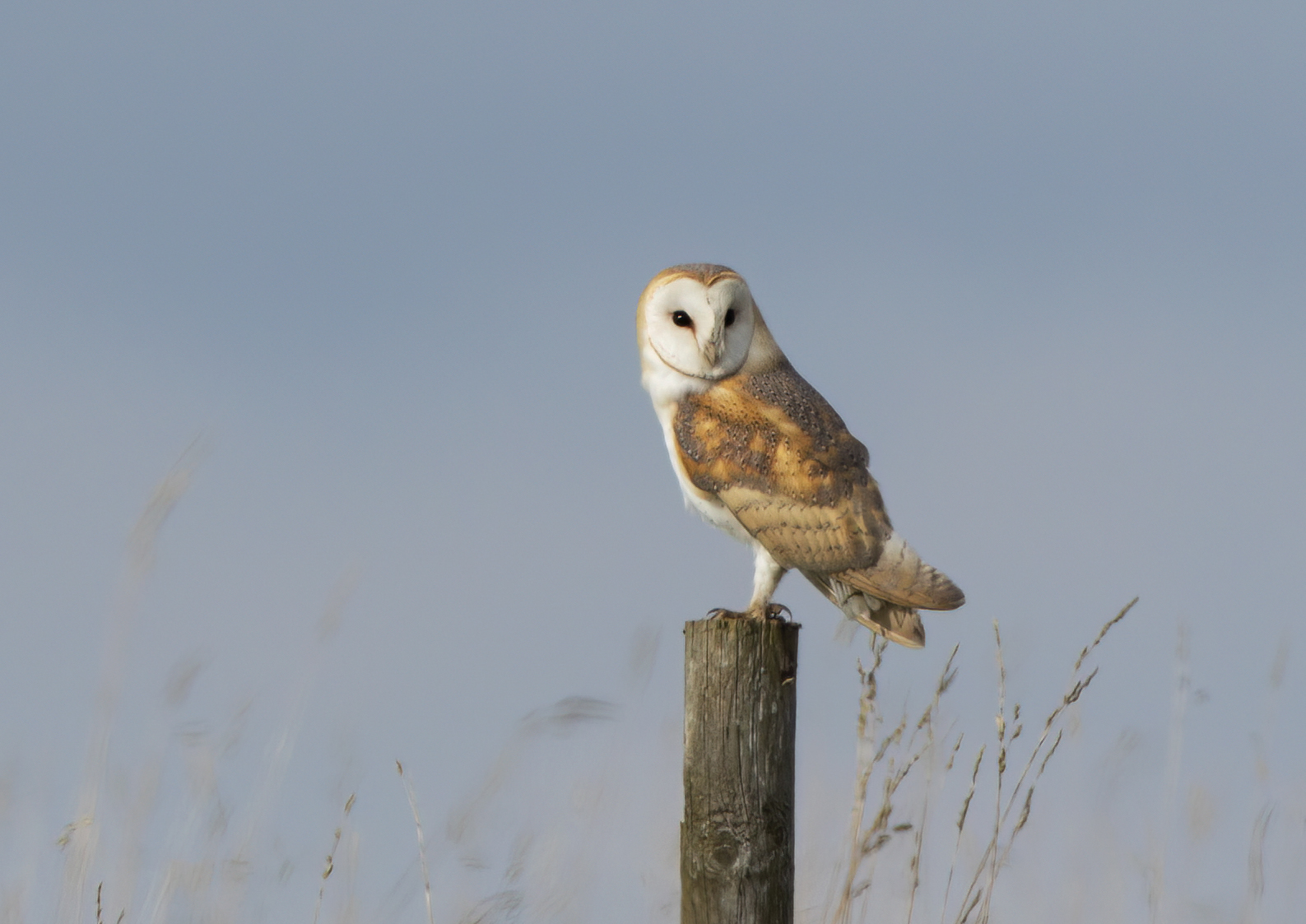Evolution is often seen as a meaningful process. As Simon Barnes noted in his book “Ten Million Aliens”, Mankind is often regarded as being the pinnacle of evolution of the ape family, as if evolution has been constantly working hard to achieve this level of perfection. It’s nonsense of course – you only have to look at certain politicians to see that Mankind has some way to go in evolutionary terms. But it’s also a mistake to think that evolution is progressive at all. Take, for example, the Mandarin duck.
The theory of evolution states that the species which survives is that which is most adaptable to change (note: Darwin did not say “survival of the fittest”, as if species had to meet some kind of predetermined health criteria). The idea is that random genetic mutation in a species leads to some new characteristics (for example, the ability to run faster) which allows that creature to survive better than its peers. As that creature breeds, it passes that advantage on to its offspring, and gradually the species improves. But there are some big assumptions inside this theory.
The first assumption is that the creature with the new characteristic is actually able to breed. Which is where our duck comes in. The Mandarin duck (below), is, to put it mildly, flamboyant. This beautiful colouration is there solely to attract the female and allow the male to breed. It represents a huge amount of energy directed to something which is not a matter of survival for the duck – indeed, making yourself a brightly-coloured target can only help predators home in on you, so arguably it works against the long-term survival of the species. Other ducks are dull, wearing what amount of camouflage patterns (including, ironically, the female Mandarin duck).

The second assumption inside Darwin’s theory is that the genetic variation that produces the evolutionary advantage is a single event. But what if the random genetic change that makes our new, unique creature able to run faster is also accompanied by another that gave it a large, warty growth on its nose? Our new, faster creature gets to pass on most of its genes, useful or not. Evolution is a truly random process, and not every change brings a benefit.
Which is where fashion comes in. We like to feel that evolution isn’t something that applies to people – we’re back to that “Evolution has achieved perfection so it can stop now” idea. But of course evolution continues, and it applies to us. But Humankind is one of those species, like the Mandarin Duck, where the ability to breed is not simply linked to physical strength and health, the ability to find food and produce offspring. In the Elizabethan era, most people worked in the fields all day and so were deeply tanned. A pallid complexion which had never seen the sun was therefore a sign of wealth, and the paler you were, the wealthier you were presumed to be. So of course, in a “keeping up with the Kardashians” way, people started using cosmetics to make their skin look pale – even (ironically) Queen Elizabeth herself, arguably the wealthiest woman in the country by far. Unfortunately, the skin-whitening cosmetic of choice was white lead, a substance so toxic that its use is banned completely today. So the net effect of that fashion was to ensure that many women were unable to produce offspring – on account of being seriously ill or dead. For what was thankfully just a short time, fashion directly impacted human evolution. And that principle continues today. Maybe there will come a time in the future when women won’t look at a man who doesn’t wear a bright pink headband. Or have sexily bandy legs. With fashion, things get unpredictable – and only very rarely does any of it have anything to do with the survival of the Human species. So the next time you worry about whether or not you should buy that pair of designer jeans, consider this: by being fashionable, you may just be contributing to the evolutionary degradation of the whole human species and our ultimate extinction. Buying a supermarket own brand is not just cheaper, you could say it’s your duty to all of Humankind.




Social Profiles